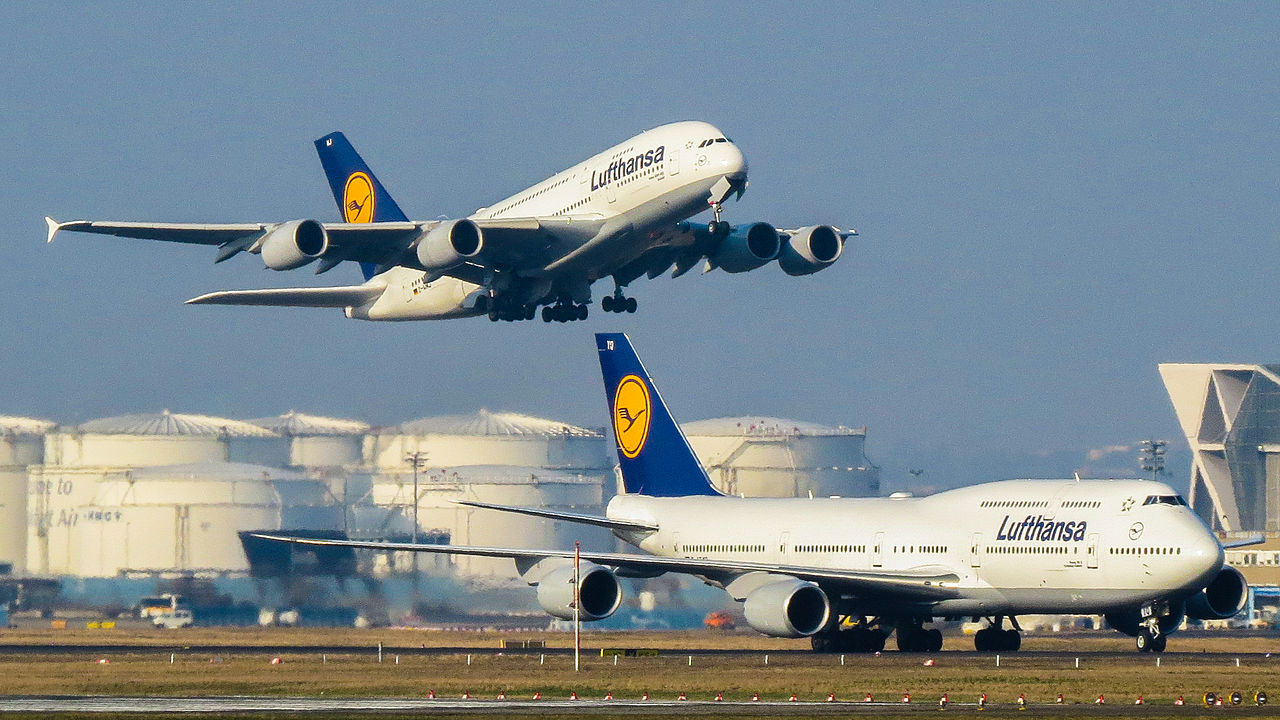Lufthansa to Cut 4,000 Jobs, Invest in AI and Digital Transformation

Lufthansa Group has announced plans to cut 4,000 administrative jobs by 2030 as part of a sweeping digital transformation strategy that places artificial intelligence (AI) and automation at the center of its future operations. The decision, unveiled during the airline’s Capital Markets Day in Munich, reflects the company’s determination to streamline processes, reduce costs, and create efficiencies across its multi-brand portfolio.
The cuts will focus on non-operational roles in Germany, with Lufthansa emphasizing that the move targets duplication and outdated functions. “We are reviewing which activities will no longer be necessary in the future, for example due to duplication of work,” executives explained. By eliminating overlapping responsibilities, the group aims to accelerate decision-making and strengthen integration among its airlines, which include Lufthansa, Swiss, Austrian Airlines, Brussels Airlines, and ITA Airways.
The job reductions come at a challenging time for Lufthansa. Europe’s largest airline group has faced strikes, regulatory bottlenecks, and persistent supply chain issues that have hindered its recovery. While CEO Carsten Spohr said the company has “regained operational stability,” he cautioned that external pressures remain. Still, Lufthansa believes technology-driven efficiencies will help position the group for sustainable profitability.
Despite reducing headcount, Lufthansa is simultaneously investing in growth. The group confirmed plans to add more than 230 new aircraft by 2030, including 100 long-haul jets, in what it described as its most ambitious fleet renewal program to date. The modernization will enhance fuel efficiency, cut emissions, and support the airline’s sustainability goals while ensuring a consistent passenger experience across its global network.
A key pillar of Lufthansa’s strategy is its revamped loyalty program, designed to deepen customer engagement and boost recurring revenue. Paired with digital platforms that integrate booking, loyalty, and ancillary services, the program is expected to play a central role in strengthening margins. Executives said these initiatives support Lufthansa’s upgraded mid-term forecast of an adjusted operating margin of 8–10% from 2028, compared with a previous 8% target.
Artificial intelligence is at the core of the group’s transformation. Lufthansa plans to deploy AI tools across back-office functions, customer service, and operational management. These include automated workflows to reduce paperwork, AI-powered chatbots to handle customer inquiries, and predictive analytics to optimize flight planning, crew scheduling, and maintenance. The aim is to increase efficiency while improving the passenger journey.
While investors welcomed the company’s renewed focus on efficiency and technology, the planned job cuts are expected to face scrutiny from German labor unions and political leaders. Aviation remains a strategically important industry for Germany, and large-scale layoffs will likely spark debate over balancing competitiveness with job security.
For Lufthansa, the mandate is clear: streamline costs, modernize operations, and leverage artificial intelligence to stay competitive with global rivals. If executed successfully, this digital transformation could reposition Lufthansa as a leader in next-generation aviation, combining cutting-edge technology with one of the industry’s most trusted brands. The airline is not alone in this race—carriers such as American Airlines, Delta Air Lines, and British Airways are also investing heavily in AI-driven tools to optimize scheduling, enhance customer service, and boost operational efficiency. Together, these initiatives signal a broader industry shift where digital innovation is becoming as essential as new aircraft in shaping the future of global aviation.
Related News: https://airguide.info/?s=Lufthansa, https://airguide.info/category/air-travel-business/airline-finance/
Sources: AirGuide Business airguide.info, bing.com, travellingforbusiness.co.uk
